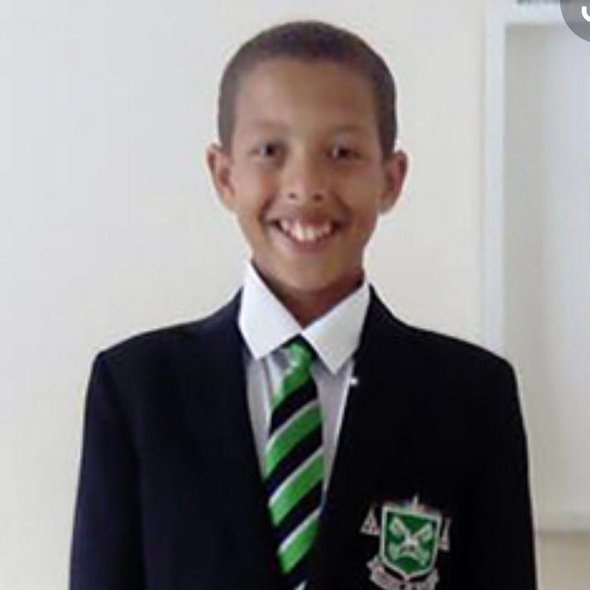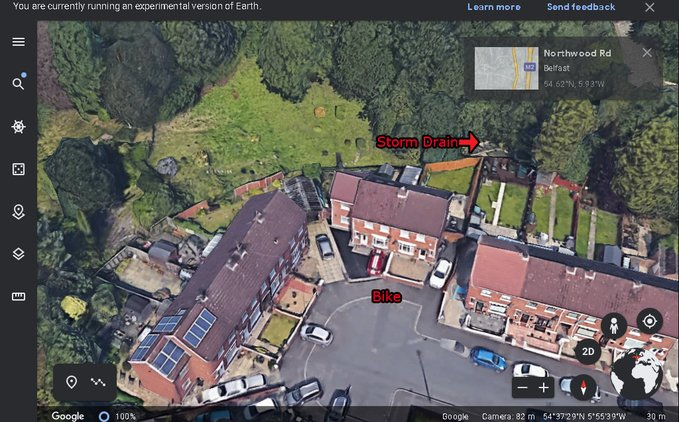First, read
@sciencecohen's beautiful, personal story on the vaccines:
“I can stop worrying about my mom dying alone in an intensive care unit, away from all who love her. And she can stop asking whether I’ll let her play mahjong with the girls”
https://t.co/qX2loAuid9
@sciencecohen The rapid development of efficacious #covid19 vaccines was clearly the science breakthrough of the year. But what about all the rest that went on in #covid19 science? My story is labeled “breakdown”, but the picture is complicated.
@sciencecohen Little of what scientists did to respond to #COVID19 was really new. As
@florian_krammer told me “We took out all our fancy tools and applied them to this virus”.
What was new was not WHAT scientists did, but HOW they did it: Research was faster, more collaborative, more open.
@sciencecohen @florian_krammer The early diagnostic test from
@c_drosten's lab, the
@WHO mission report from China showing the virus could indeed be beaten, the collaboration behind the UK’s Recovery trial and the WHO’s Solidarity trial, the preprints being analysed in real time on twitter, ...
@sciencecohen @florian_krammer @c_drosten @WHO For me as a science journalist and for many interested people it was an incredible thing to see:
“The process of science was rarely as visible as this year. It was like watching open-heart surgery live on TV: messy but vital and riveting.”
@sciencecohen @florian_krammer @c_drosten @WHO But it wasn’t all rainbows and RNA. For all the evidence that was generated, the world often didn’t act on it. As
@BillHanage told me: “It’s a little like watching a zombie movie in which half of the people can’t see the zombies and keep demanding to know what the fuss is about.”
@sciencecohen @florian_krammer @c_drosten @WHO @BillHanage Some scientists contributed to this. The Great Barrington Declaration, questionable research hyping hydroxychloroquine or suggesting #sarscov2 was less deadly than thought: They all played into the public’s desire for easy solutions, for carrying on as before.
@sciencecohen @florian_krammer @c_drosten @WHO @BillHanage Some "may have been driven by a healthy distrust of accepted wisdom or a contrarian spirit, but the effect was reminiscent of industry’s playbook in the fights over tobacco and climate change: Create just enough confusion about the evidence to allow people to carry on as before."
@sciencecohen @florian_krammer @c_drosten @WHO @BillHanage Others stood up for sound science and became targets. In Germany, for instance,
@c_drosten has gone above and beyond in explaining research in this pandemic. He has rightly won praise, but also received death threats and police protection.
@sciencecohen @florian_krammer @c_drosten @WHO @BillHanage Many others spoke out as well and paid a price. Some of the worst vitriol was, once again, aimed at female scientists, who dared to give voice to their expertise.
@sciencecohen @florian_krammer @c_drosten @WHO @BillHanage Others decided to remain quiet, to concentrate on lab work and let others do the talking. For a while,
@c_drosten seemed almost alone in Germany. But what is a scientist’s role in this crisis if not to explain. That, too, is something we need to talk about it when this is over.
@sciencecohen @florian_krammer @c_drosten @WHO @BillHanage And all of this played out in a context that no scientist can afford to ignore anymore: an information ecosystem that helps misinformation and lies spread faster than scientific evidence, weakening our ability to respond to new threats.
@sciencecohen @florian_krammer @c_drosten @WHO @BillHanage So yes, science worked faster than ever before and we have a vaccine after less than a year of this pandemic.
But more than 1,6 million people have died of #covid19.
It didn’t have to be this way.
@sciencecohen @florian_krammer @c_drosten @WHO @BillHanage Don’t get me wrong: We didn’t know everything and it was never going to be easy to deal with a virus with the specific characteristics of #SARSCoV2. But we knew enough to do more, to act better.
@sciencecohen @florian_krammer @c_drosten @WHO @BillHanage Where does all this leave us?
@JeremyFarrar is optimistic. “I think we will look back after the horror of this and say, humanity is incredibly vulnerable,” he told me. “This will inspire a whole generation to come into science.”
I hope he is right. I hope we come out of this with a new appreciation for evidence and truth, with an understanding that we need to transform the information ecosystem we inhabit to be able to live in a shared reality.
But I’m stuck thinking: where would we be without vaccines? Where would we be in a crisis in which we really only have behaviour change to get out of it.
We have a vaccine now against #Sarscov2.
But there won’t be a vaccine against CO2.


